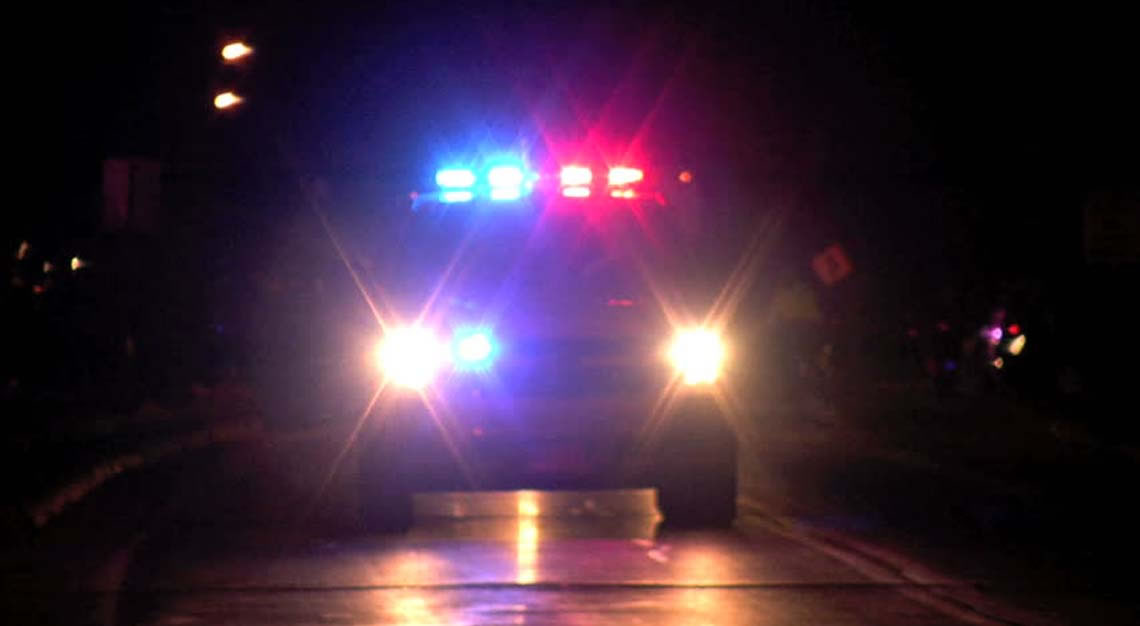
Police Suspect You of Driving Under the Influence? Here’s What You Can Expect
Before you get behind the wheel, know that drinking and driving – or driving while under the influence of drugs – is illegal. Period. Even if you’ve “only had a few,” it’s still possible to test above a .08% blood-alcohol concentration and/or to drive impaired. It’s better to be safe than sorry – especially with the extreme legal consequences of driving while under the influence.
Not sure what constitutes a DUI in your state? Knowing your specific state laws regarding DUIs can be extremely beneficial if you’re ever pulled over under the suspicion of driving under the influence – even if you’re not. It’s important to know your rights; what you’re required to do, when to be silent, and when to ask for a lawyer.
What the Police Are Looking For: Common Warning Signs of Intoxicated Driving
When it comes to determining whether or not a driver is “under the influence,” police are trained to look for certain signs such as speeding, swerving, and traffic violations – like running a red light. These are the most obvious initial signs that a driver may be driving impaired and can result in the driver being pulled over. An officer must have reasonable suspicion in order to legally make a DUI stop.
Once this occurs, police will be looking for physical signs of intoxication that they can use as “probable cause.” This may include the smell of alcohol or marijuana, bloodshot eyes, slurring, and/or the driver’s inability to carry on a conversation. Probable cause is what the police need in order to be able to make an arrest or search, but it’s important to note that these observations are subjective (meaning that the individual officer(s) involved is making an evaluation based on his or her own best judgement or previous experiences) and can be flawed.
Once the officer or officers on the scene assess the situation initially, they will ask for your driver’s license and registration. Do yourself a favor and have these items easily on hand. You don’t want to be struggling to locate them should you be pulled over – or worse – be caught driving without them, which could result in a ticket and fine.
The police may also attempt to strike up a conversation; likely asking you if you’ve had anything to drink. If and when you are asked if you’ve had anything to drink, your best option is to politely decline to answer any questions without a lawyer present. The answer to this question can act as the probable cause needed for the police to be able to search your vehicle or ask you to take a field sobriety test.
Field Sobriety Tests
You may be familiar with some field sobriety tests from watching television or movies. An officer asks a driver to get out of their car and perform some kind of physical test in order to get a better indication of their level of sobriety.
Examples of this are the “walk and turn,” where an individual walks, heel-to-toe, in a straight line and then turns around and walks back, or “stand on one leg.” Officers may also check for nystagmus, which is rapid eye movement – something that can be caused by the effects of alcohol. Depending on how the driver performs, the results of the field sobriety tests can then be used as probably cause for demanding a chemical test, such as a breathalyzer.
Field sobriety tests are not 100% accurate. In the same way that the officer’s assessment of the scene is subjective, so is their analysis of a sobriety test. Unfortunately, this often means that – more often than not – drivers can “fail” the sobriety test and be forced to take a chemical test as well.
In some states, it is perfectly legal for a driver to decline a field sobriety test without repercussions. That being said, this is not the case for everyone. If you’re curious about what you legally can and can’t do when pulled over a by a police officer in your state, consult a DUI attorney for the answer.
How Can You Protect Yourself If You’ve Been Pulled Over for a DUI?
As is the case with just about any interaction you have with the police, you want to follow a couple of key rules: be calm with no sudden movements, be polite, and be careful with what you say.
Keeping a calm demeanor means no shouting or antagonistic behaviors; be polite and talk to the officer respectfully. When it comes to answering their questions, be careful with what you say but do not lie. If anything, it’s better to remain silent.
Once the interaction is over, try to jot down everything you can remember about the interaction. This means every question you were asked, every answer you gave, if the police officer searched your car (whether or not they had your permission to do so), if you were asked to perform sobriety tests, and so on. The more information you can record for later, the better. This may give you and your lawyer more leverage later down the line if you end up going to court.
As we mentioned previously, you may be asked whether or not you’ve been drinking or doing drugs. If you’ve had anything to drink or have partaken in drugs – no matter the amount – the best thing you can do for yourself is to politely refuse to answer. Despite the fact that the officer(s) has not read you your Miranda Rights (officers only have to do this by law if they’re making an arrest), anything you say CAN and WILL be used against you. If and when you are asked if you’ve had anything to drink, your best option is to politely decline to answer any questions without a lawyer present.
Often, people want to downplay the situation (whether they’ve been drinking or not), and this tends to make people chatty – engaging the officer in friendly conversation and answering their questions. Even if it seems like innocent conversation, or you think your response isn’t going to matter much – “have you had anything to drink tonight?” “Only a couple of beers at dinner.” – this information can absolutely appear later in court and not necessarily to your benefit.
Police can also search your car if you give them permission to do so. Don’t. It is within your rights to deny a police search if asked. If you do not give your consent, police must have probable cause to legally search your vehicle.
The Importance of Talking to a DUI Attorney
One of the frustrating parts about DUI law is that it can change, sometimes rather drastically, from state to state or region to region. For example, in some states you may be able to legally deny a sobriety test, while in other states this could result in a charge.
An experienced DUI lawyer will know the laws in your state as well as the loopholes or go-arounds cops frequently use to try to exploit these laws. It’s important to know your rights and, if you have been charged with a DUI, be able to plan for a valid defense. A DUI attorney is going to be able to educate you on viable strategies for your defense approach.
You don’t need to go it alone. If you have any questions, make sure to reach out to a defense attorney for assistance.















